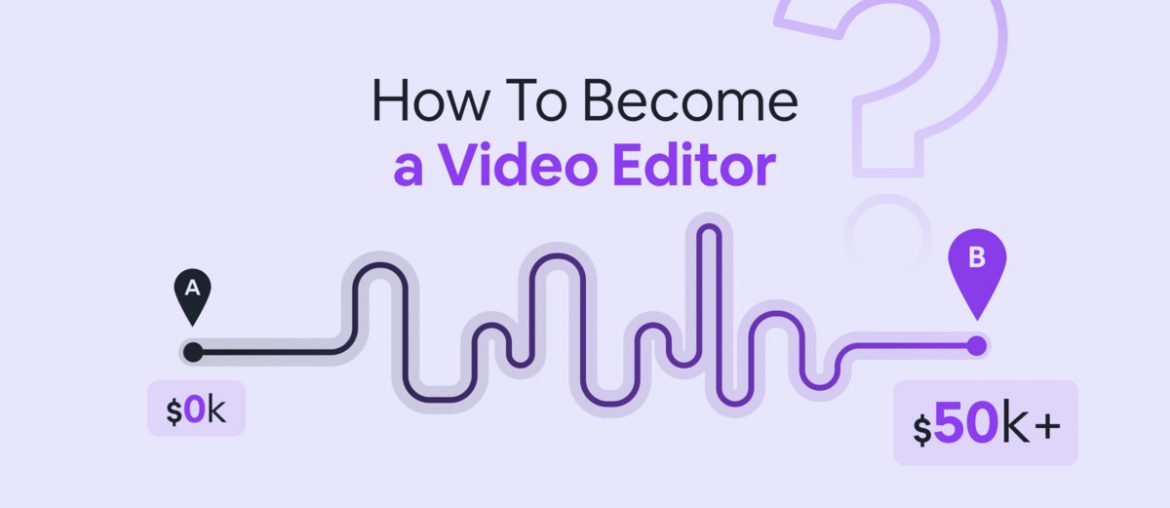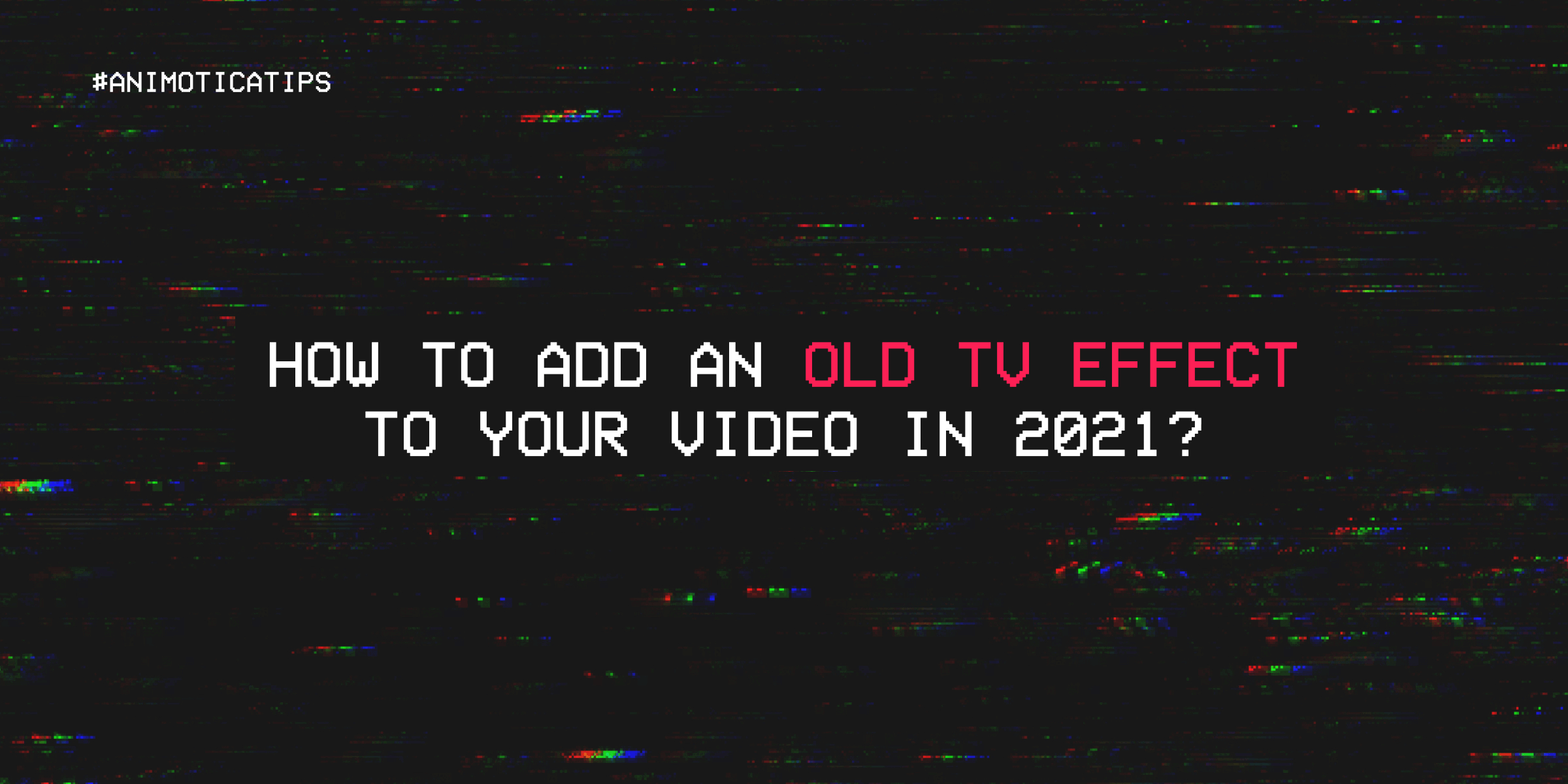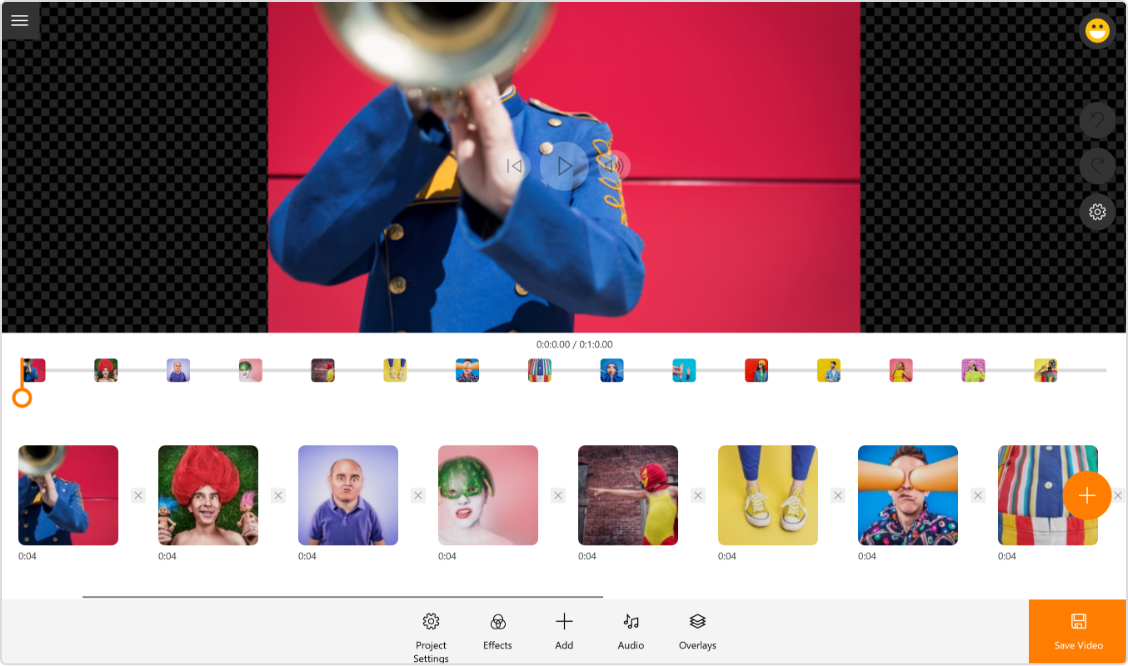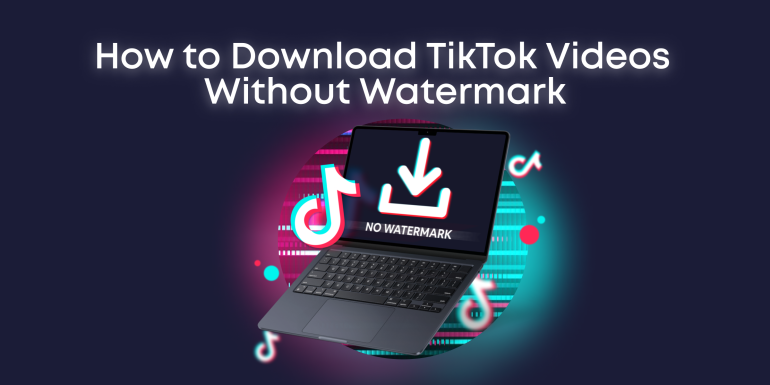Film and video editors typically work in office settings or studios. They are professionals who make the final cut of a movie, commercial, television program, or video. They collaborate with the directors to plan the film and edit the scenes.
Video editors must be organized because after sorting all the videos, they start using software to edit them. They might inform directors of the shots they have and the ones they don’t have. Hence, you need the experience to become a remarkable video editor. To achieve this, you can start by applying for jobs as a junior video editor or take up internship programs after your college degree.
People may hire editors to produce quick videos for weddings or other special occasions. To enlighten you more, we have teamed up with professional video editors from job aggregator Jooble to highlight the tips on becoming a video editor. Let’s explore more.
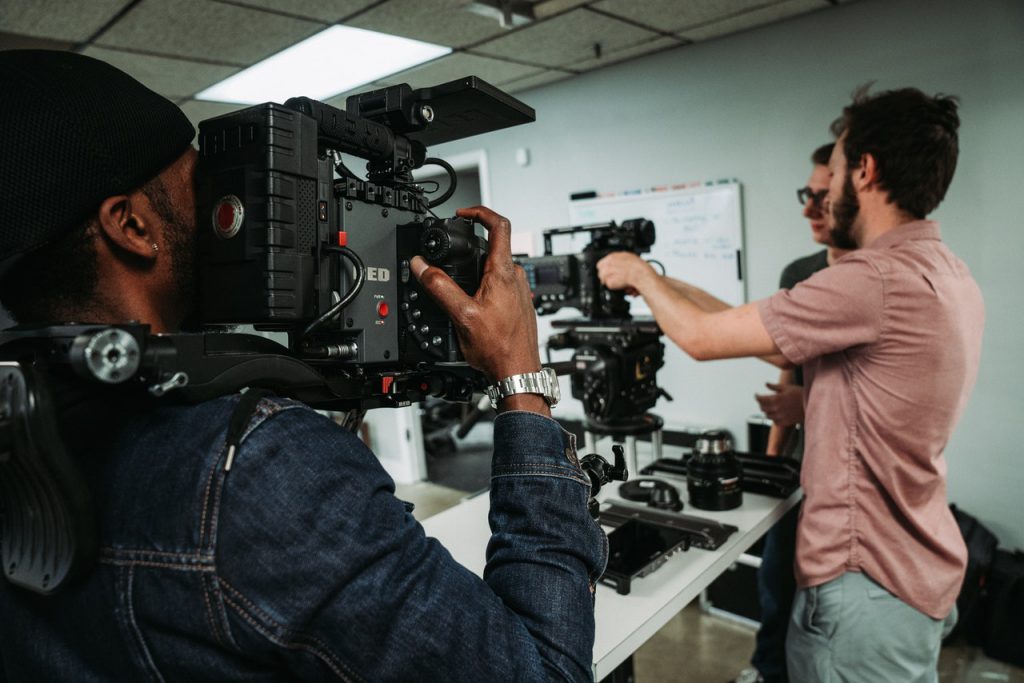
Contents
Learn Computer Skills
The only way to keep current in your industry in an evolving world is to have a solid understanding of computers. Nowadays, without a computer, nothing can be accomplished. The days of cutting film and gluing the pieces together to edit it are long gone in video editing. Many editors and filmmakers today use digital computer-aided software to produce exciting videos. And to actualize this, you must grasp the principles of computers.
Time Management
Time management is an essential skill you should have as a video editor — whether you work remotely or in person full-time. Video editors typically have a lot on their desks daily, and it’s crucial to finish all of them to fulfill deadlines.
As a result, time management is a crucial skill for every creative professional, particularly for video editors, to prioritize tasks, stay organized, and stay motivated. Some professionals in the creative industries utilize tools like Todoist and the app Focus Keeper to help them manage their time.
Join An Audio Visual Club
Even before entering college, many video editors have a rudimentary understanding of video production. Joining the audiovisual (AV) club early will help you develop the foundational editing skills you’ll need later in your profession. Additionally, Audio Visual companies frequently allow you to familiarize yourself with new editing software and equipment.
Get A Degree
A bachelor’s degree is the primary route to the training and skills needed for a job as an editor. Although a degree is not necessary to work as a video editor; instead, your knowledge and experience are required. However, having a degree would demonstrate that you are competent and possess the necessary information.
A bachelor’s program in cinema and video production means you have undergone severe training on using most of the tools and equipment you will be using in the industry. A bachelor’s degree will also help you stand tall amongst the crowd and give you an advantage over the competition.
Complete An Internship
It is crucial to look for internship opportunities even if you already have a degree in video editing. Internships will help you start your career during or after college. You will gain industry knowledge and exposure to the fundamental principles you have learned in college.
By completing an internship as a video editor, you may put your skills to use, build your resume, and gain professional recommendations. Qualifications for internships and job responsibilities vary. To be considered for an internship program after graduation, you might need to provide a portfolio of your work, references, and documentation of your familiarity with editing software.
Familiarize With The Terminologies
It’s crucial to stay up to date with accepted editing terms, whether you’re a seasoned pro or a novice in the creative field of video editing. A video editor’s primary objective is to mix content to tell a story, which relies on using terminologies to maintain good communication while working on a project.
Among the most used terminologies in video editing are:
- Compositing
- Bit rate
- Transition
- Frame rate
- B-Roll
- Cut-In
- Aspect Ratio
- Cut Aways
- Split Ends
Keep Up With The Latest Trends
The field of video production and editing regularly evolves as technology advances. As a result, industry standards may change to consider new information. Despite completing a degree in video editing, staying up to date with trends will help you stand out among your counterparts.
Some subjects and areas of interest that were popular a few years ago might now be outdated. For instance, vertical video for mobile viewing and other collaborative platforms should be a new focus for editors. Editors may keep current and stay informed by reading blog postings, monitoring social media pages, and networking.
Knowing the nuances of each genre and being aware of the aesthetic standards within each group are also necessary to stay up to date with trends. This information can be acquired by formal education, working on assignments, staying up to date on various fashion trends in the industry, and more. For instance, a music video’s style, tone, and visuals are anticipated to differ significantly from those of a news segment or marketing campaign.
Create A Solid Reel And Website
You’re putting yourself out there for possible customers by making a solid reel and having a website. Even before they have a face-to-face interaction with you, your clients should be able to trust the quality of your work. Make sure to provide relevant content to both your reel and website. You can also include a small amount of news and humor because consumers connect with humorous content online.
However, traditional word of mouth and industry networking are excellent strategies to get clients and grow your firm. A strong portfolio reel or website clearly reflects your technical expertise and unique style.
Conclusion
Given the fast-paced nature of the video editing industry, it is unsuitable for creative types who don’t want to stay informed and keep up with trends. A successful video editor must be focused, pay close attention to detail, and have a strong work ethic.
Additionally, you must have strong problem-solving skills because video editing frequently poses insurmountable challenges, such as figuring out how to shave off 30 seconds from a section without losing some crucial aspects of the story.

